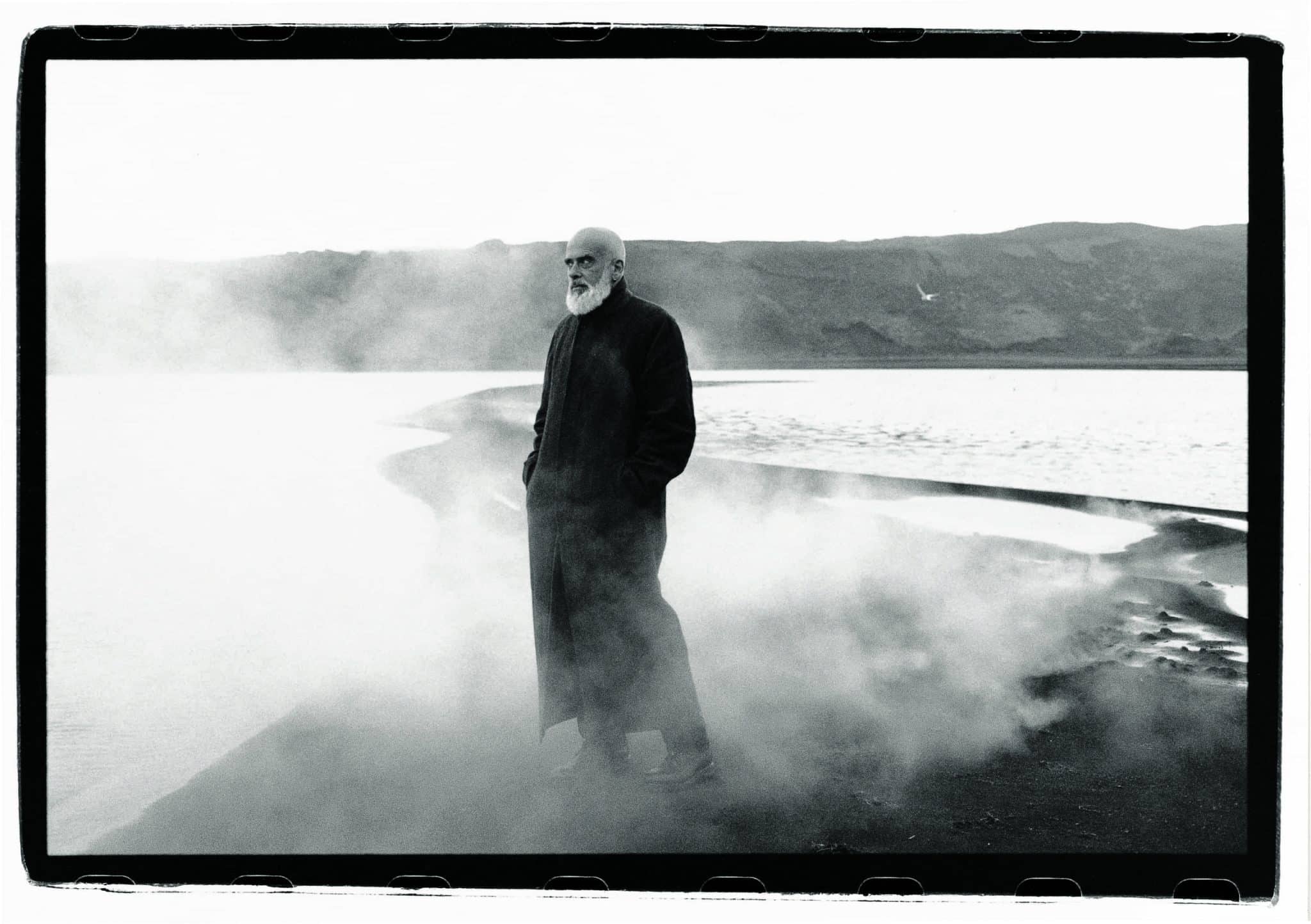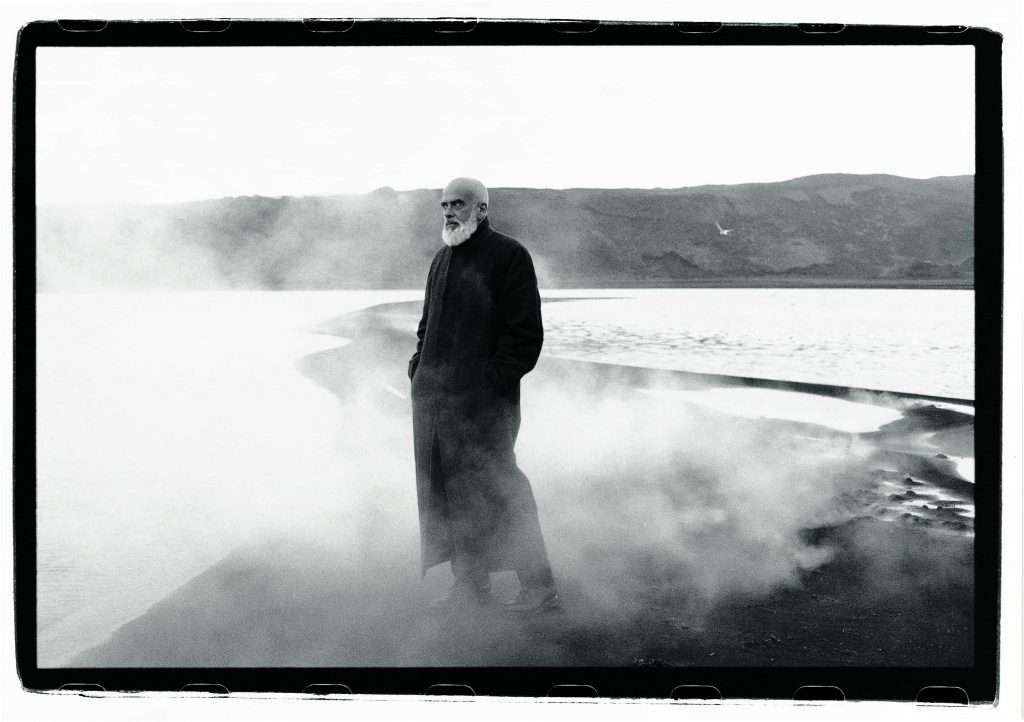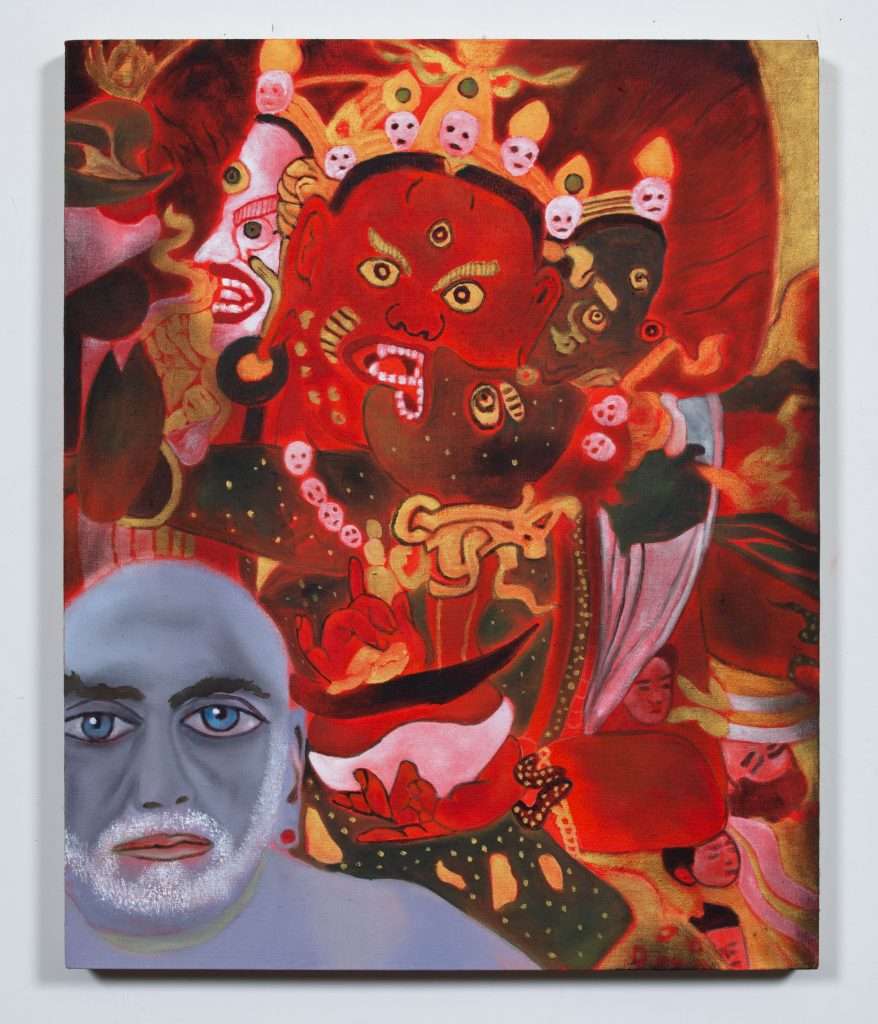

The Italian-born, New-York-based, contemporary artist is one of most influential of the twentieth-century. Known for his dreamlike scenes, themes of spirituality, sexuality, and deeply-rich references, his travels to India had a profound effect on his life. From his studio, he answers Charles Finch’s most pressing questions on art, cinema, and happiness.
Images specially-selected by Francesco Clemente.
There is a dreamlike quality to your work which often is described as mystical. Do you ‘dream’ these paintings before the work starts?
If mystical means reasonable, I claim to be a mystic. It is reasonable to discard one’s identity as a delusional fabrication. Painting can be a way to clear one’s mind from prejudice and conditioning. To paint can mean to accept that the world is beautiful without, and before it is defiled by, our gaze.
Is this moment an exciting time for your work—or the evolution of your work? Or is the world today as it is, full of anxiety and unpredictability, a hard time to paint?
If the world is the way God knows herself, God must suffer from anxiety too! Even if to love, to be happy is an effortless effort, anxiety is implied in the impulse to know. Painting is a way to love, to be happy but also to know, so painting generates a measure of anxiety.
Do you work best in difficult times or when happy?
As a painter, the objective is to witness, without colouring what I see with my likes and dislikes. Things are difficult or happy if you occupy a place you want to protect, if your aim is to disappear, everything is the same.
Can you work in Amalfi in the summers, or is it a time of rest?
In Amalfi, I visit my wife Alba’s extended family: the six thousand inhabitants of the town. After forty years, they only know me as Alba’s husband…the American. It is a hectic time of hellos and goodbyes, no time to paint. Afterwards, I return thankful and exhausted to my New York studio.
Where do films fit in your diaspora?
A friend observed that I don’t like any movie made after the 1970s, but this is almost not true. I think Godard might have said: “Movies show death at work”. I often suffer from panic attacks with movies—even watching comedies—as my fear of death is awakened by movies if they do not have enough of a form, and they rarely do.
Are there specific Italian films that have moved you and inspired reflection?
In the past and forever Il Conformista. In our time, Notturno and Fuoco a mare by Gianfranco Rosi. Even though I left Naples long ago, I am always excited by the new work from the School of Naples: Sorrentino, Corsicato, Martone. I love The Hand of God as much as I loved the early Le conseguenze dell’amore and Libera.
For many years I have been deeply moved by the vibrancy of your painting. By the faces in particular.
Capitalist propaganda says we are prey or predator, and both are without a soul. I prefer to paint my subjects as Saints, in touch with their soul, and in harmony with their bodies.
Are there three pictures that you have painted that you love most? And are there three artists that have inspired you most through the decades?
My three favourite paintings are the last two I painted and the one I am about to paint. The triad of my patron saints from the past are: Beato Angelico, Hokusai and William Blake.
Which directors do you admire?
I admire all the directors I have met! They have so much patience, and so much love for all things human! I find human behaviour childish and predictable (obviously, including my own) and I prefer the company of objects to the one of the living.






